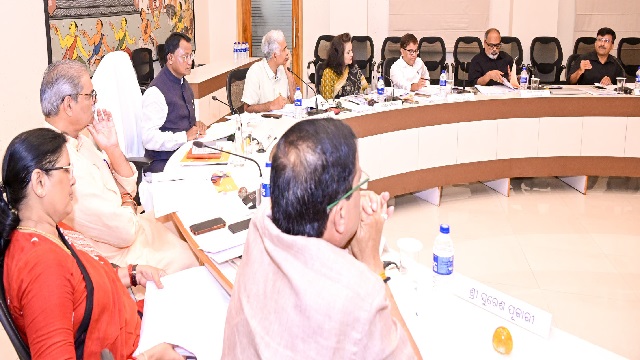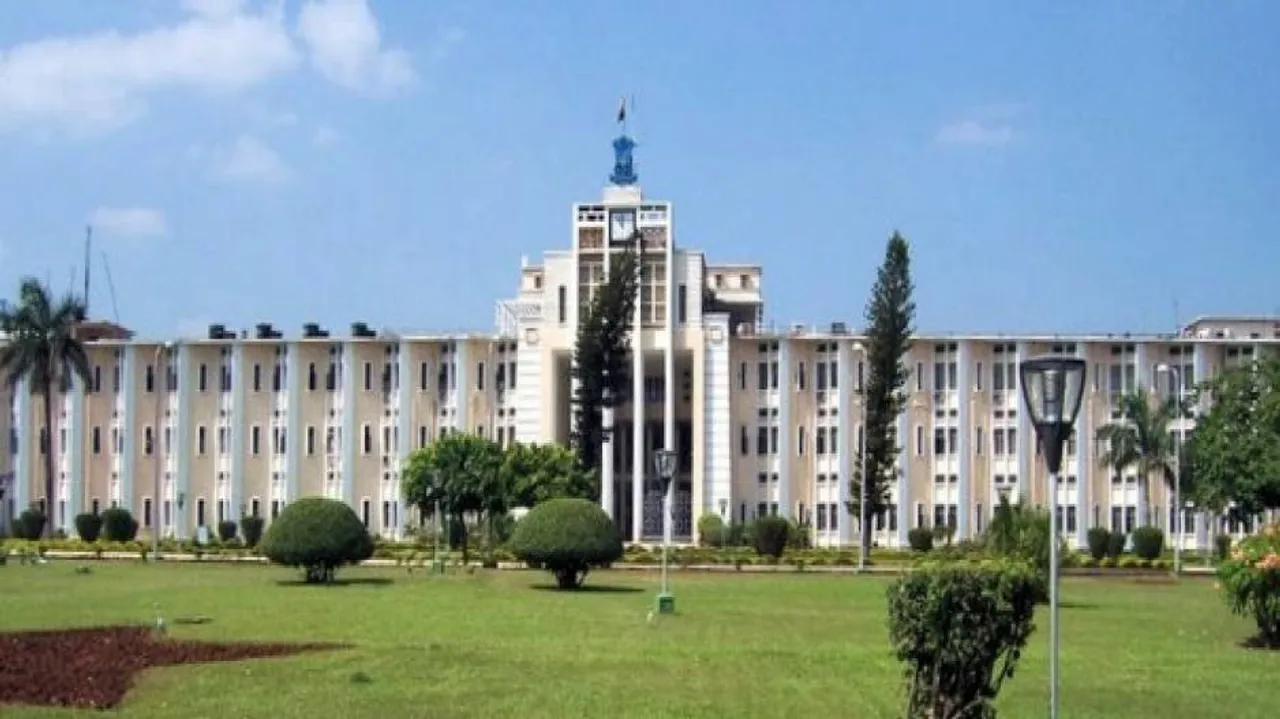In a landmark administrative reform, the Odisha government has announced a major restructuring in the functioning of its Cabinet, significantly enhancing the authority of ministers while limiting the role of secretarial staff in Cabinet decision-making. A notification issued by the Parliamentary Affairs Department on Tuesday confirmed the shift under the approval of Chief Minister Mohan Charan Majhi.
The circular reiterates strict adherence to the procedures outlined in Part III of the Rules of Business related to the functioning of the Odisha Cabinet. The changes are aimed at streamlining Cabinet meetings, ensuring transparency, and empowering elected representatives in the decision-making process.
Key Reforms in the Notification:
Under the revised rules, ministers will play a more active role in Cabinet discussions and decisions, while secretaries will now have a reduced participatory role during meetings. Highlights of the reforms include:
-
Cabinet meeting notices will be circulated at least five days in advance, with urgent exceptions allowed by the Chief Minister.
-
Cabinet memoranda must be submitted at least three working days before the scheduled meeting by 5:00 PM. Late submissions will not be accepted.
-
Departments must prepare detailed memorandums highlighting the key facts and decisions, which will be circulated to the Chief Minister, concerned Ministers, and the Secretary to the Cabinet.
-
Agenda papers and relevant documents must reach all members at least two working days before the meeting.
-
Department Secretaries are allowed to attend meetings only with the Chief Minister’s consent and will not participate in discussions unless specifically asked.
-
Only the Chief Minister, Cabinet Ministers, Ministers of State, and the Secretary to the Cabinet will be present in the Cabinet Room. Other secretaries will remain in a separate designated room and may enter only when called upon.
-
Post-meeting, ministers are responsible for executing Cabinet decisions.
This structural reform signals the government’s intent to strengthen political accountability and reduce bureaucratic dominance in high-level policy decisions. Experts suggest that this move could expedite governance processes by placing decision-making directly in the hands of elected representatives.
The Parliamentary Affairs Department emphasized that the changes must be followed in “true letter and spirit” to ensure smoother Cabinet operations and more efficient government functioning.










